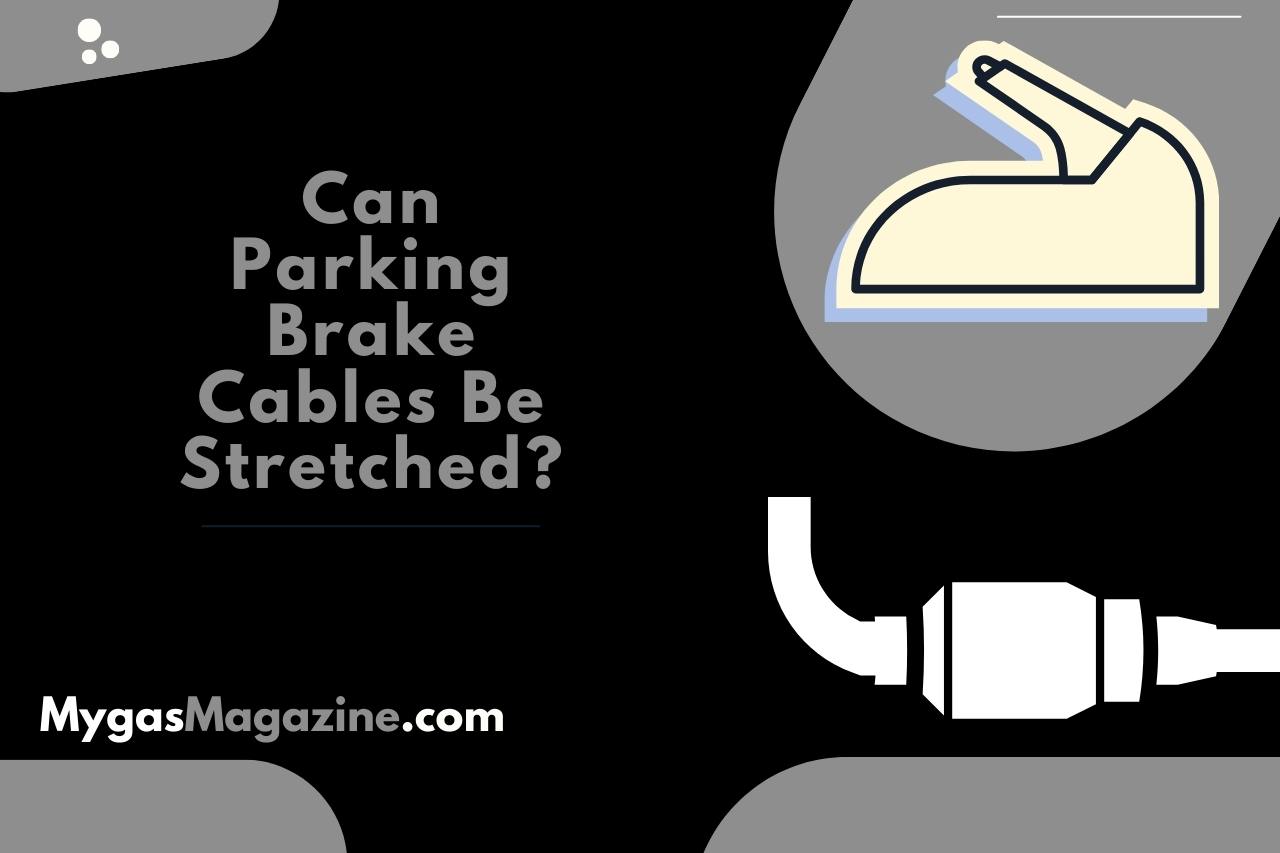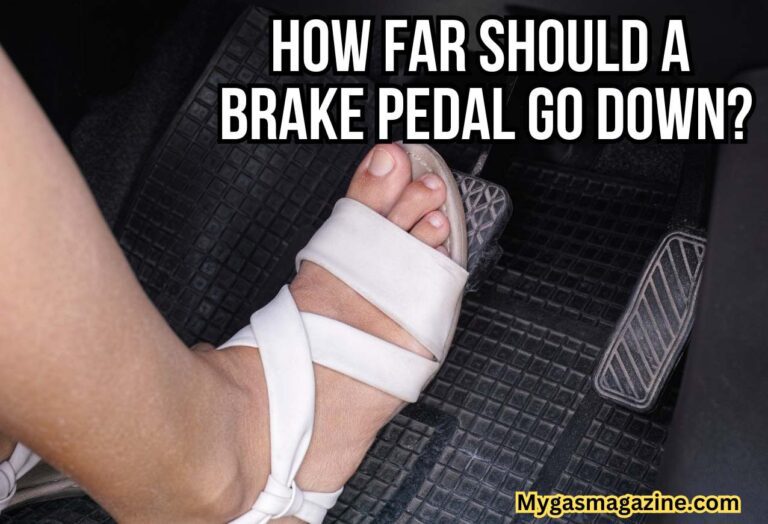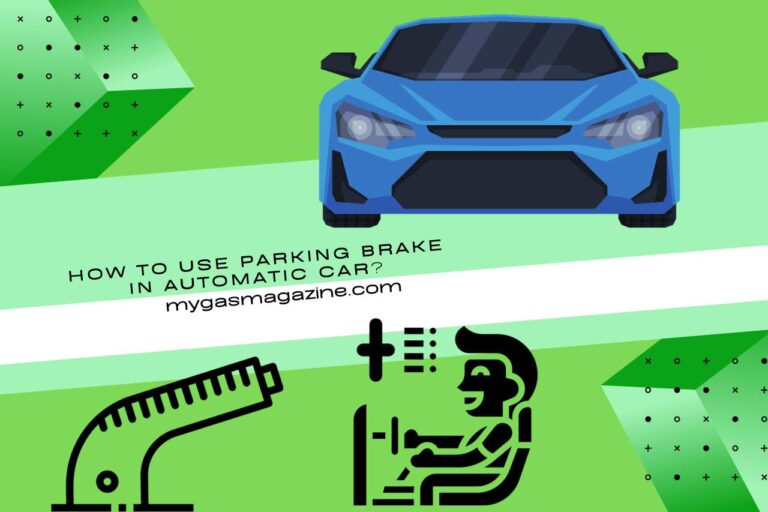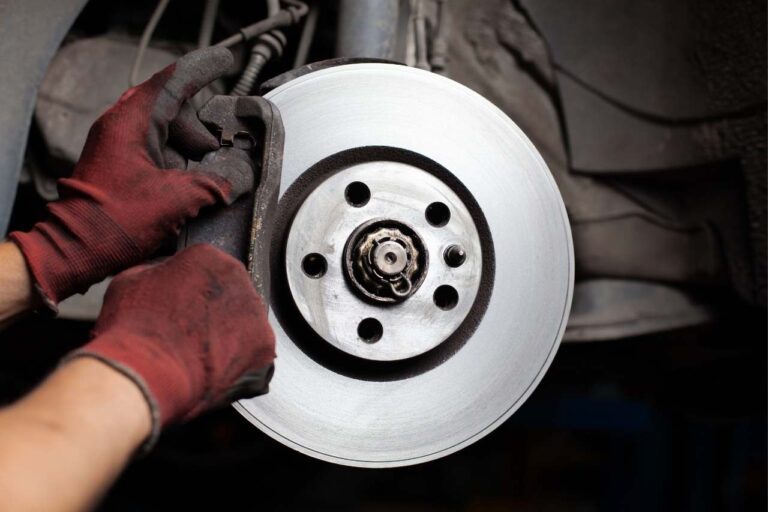Can Parking Brake Cables Be Stretched? Maintenance Tips!
Can parking brake cables be stretched?” is a common concern for car owners. Indeed, understanding the signs and reasons behind cable stretching is crucial since the parking brake plays an essential role in ensuring safety while parking the vehicle. In our guide, we’ve explored the intricacies of brake cable maintenance, from identifying stretch symptoms to adjusting the tension. So, you will find out how simple adjustments can ensure a reliable parking brake system, adding longevity to your vehicle’s overall performance. Join this discussion to learn the nuances of parking brake care and keep your vehicle securely in place.
Can Parking Brake Cables Be Stretched?
Yes, parking brake cables can be stretched; it is a consequence of their continual use. When cables elongate, it impacts the efficiency of the parking brake. To remedy this, a straightforward adjustment process is employed.
You have to identify the adjustment point, typically near the brake lever or rear assembly. Then, you should loosen the locknut and tweak the adjustment nut until the desired tension is achieved. Remember that regular inspections are vital, checking for wear, corrosion, or fraying.
Moreover, lubrication is a must to protect the good quality of the parking brake cable. By addressing cable stretch promptly and incorporating preventive maintenance, you not only restore optimal tension but also ensure a reliable and responsive parking brake system.
If you neglect a stretched cable for a longer time, it can affect the entire parking brake system. Then, you might not be able to rely on the parking brake when you want to keep the vehicle stationary.
What Causes Parking Brake Cable to Stretch?
Basically, prolonged use and exposure to environmental elements can cause the parking brake cable to stretch. The tension applied during regular engagement, combined with factors like wear and corrosion, contributes to this issue. Over time, the cables lose their original tautness, affecting the overall efficiency of the parking brake system. Here, we have listed all the causes in short.
- Regular Use: Frequent engagement of the parking brake leads to gradual cable stretching.
- Environmental Exposure: Exposure to the elements, including moisture and temperature changes, contributes to cable wear. As a result, the parking brake cable will lose its tightness.
- Corrosion: Rust and corrosion weaken the cable structure, making it prone to stretching.
- Wear and Tear: Friction and mechanical stress during operation gradually wear down the cable.
- Lack of Lubrication: Insufficient lubrication accelerates friction, increasing wear and cable elongation.
To counteract these factors, regular inspections, proper lubrication, and timely adjustments are essential.
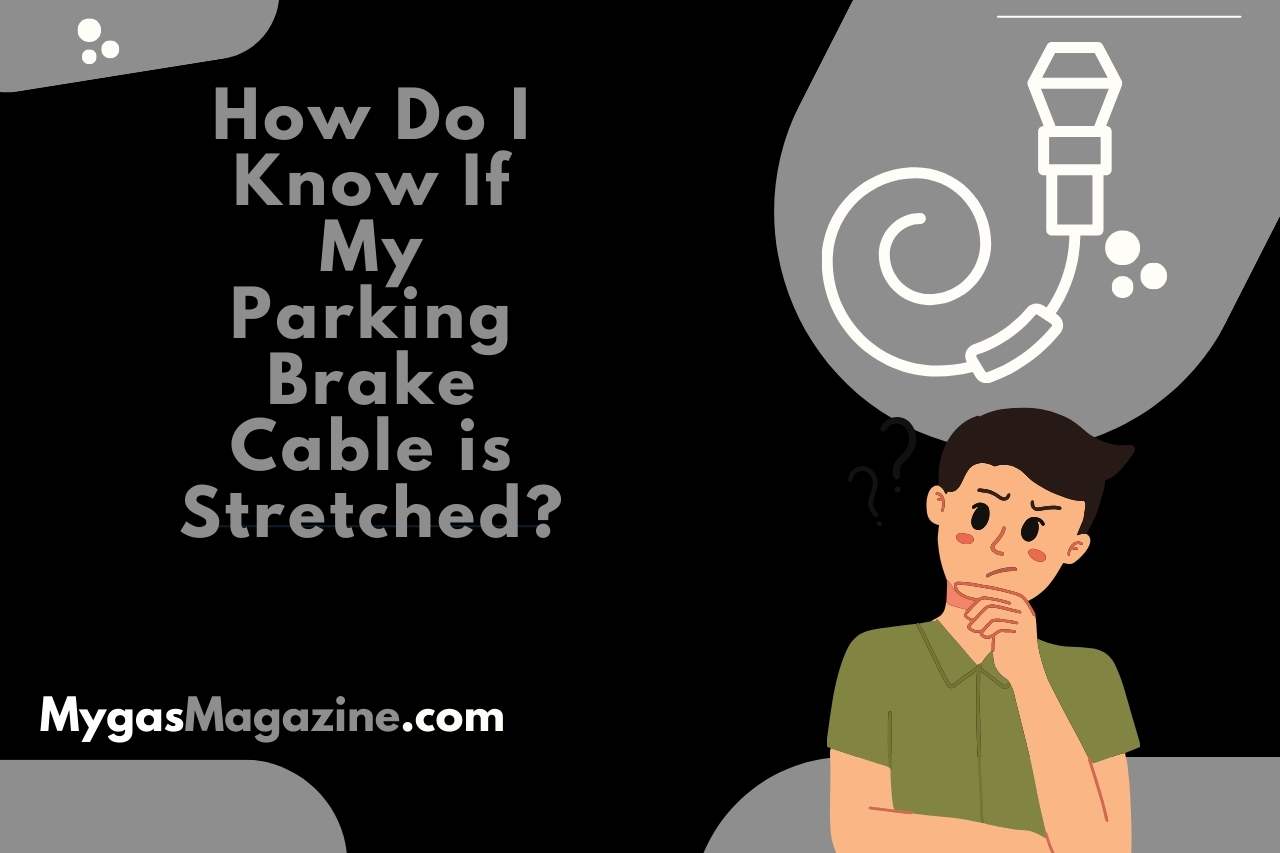

How Do I Know If My Parking Brake Cable is Stretched?
If your parking brake is stretched, you will notice these symptoms.
- Increased Play: Excessive movement in the parking brake lever or pedal indicates potential cable elongation.
- Reduced Effectiveness: If the parking brake fails to hold the vehicle securely or feels less responsive, cable stretch may be the culprit.
- Unusual Sounds: You will hear squeaking or grinding noises during brake engagement.
- Visual Inspection: Visibly inspect the cables for fraying, kinks, or irregularities, indicating wear and potential stretching.
- Uneven Braking: If the vehicle pulls to one side when the parking brake is engaged, it could indicate uneven tension in the cables.
Regular checks and addressing these signs promptly ensure a reliable parking brake system.
How to Adjust Parking Brake Cable?
In order to adjust a stretched parking brake cable, you have to fine-tune its tension by securing the locknut. The task will be easy with our comprehensive guide, so keep reading.
- Locate the Adjustment Mechanism: First of all, identify the adjustment point, often situated near the parking brake lever or at the rear brake assembly.
- Loosen the Locknut: Begin by loosening the locknut. This provides the flexibility needed for the adjustment process.
- Turn the Adjustment Nut: Use the adjustment nut to fine-tune the tension. Turning it in the necessary direction tightens or loosens the cable. Make sure to check whether it is tightened properly.
- Test Brake Functionality: After each adjustment, test the parking brake to ensure it engages smoothly and holds securely.
- Achieve Optimal Tension: Continue adjusting and testing until you achieve the desired tension. A balance between tautness and smooth operation is the goal.
- Secure the Adjustment: Once satisfied with the tension, secure the adjustment by tightening the locknut.
Adjusting the parking brake cable is a 5-minute task. But remember to periodically inspect the cable for wear, lubricate moving parts, and address signs of stretching promptly to avoid complex and costly repairs.
You May Also Like
- How do I Reset Parking Brake Light? Demystifying Dashboard Lights
- How does a Caliper Parking Brake Work? Unveiling the Mechanics!
- How to Tell If Parking Brake is Stuck? Uncover the Mystery!
- Difference Between Park and Parking Brake – (Understanding Auto Lingo)
- When to Use Park Brake? Mastering the Art of Parking!
- Park Lights Come On When the Brake is Pressed – Understanding the Link!
- Brake Lamp Bulb Fault – Replacing a Faulty Brake Lamp Bulb!
- Park Brake Limited Function Service Required – Expert Tips for Maintenance!


Meet Lakith, the driving force behind MyGasMagazine.com. A seasoned mechanic with over 7 years of hands-on experience in our family-run Gas Mag Garage, Lakith combines his technical expertise with a deep passion for cars. His journey in the automotive world began alongside his father, learning the intricacies of car repair and maintenance. Today, as the founder of MyGasMagazine.com, Lakith shares his wealth of knowledge, offering readers a unique blend of practical advice, industry insights, and engaging stories from the vibrant car culture of Sri Lanka.

